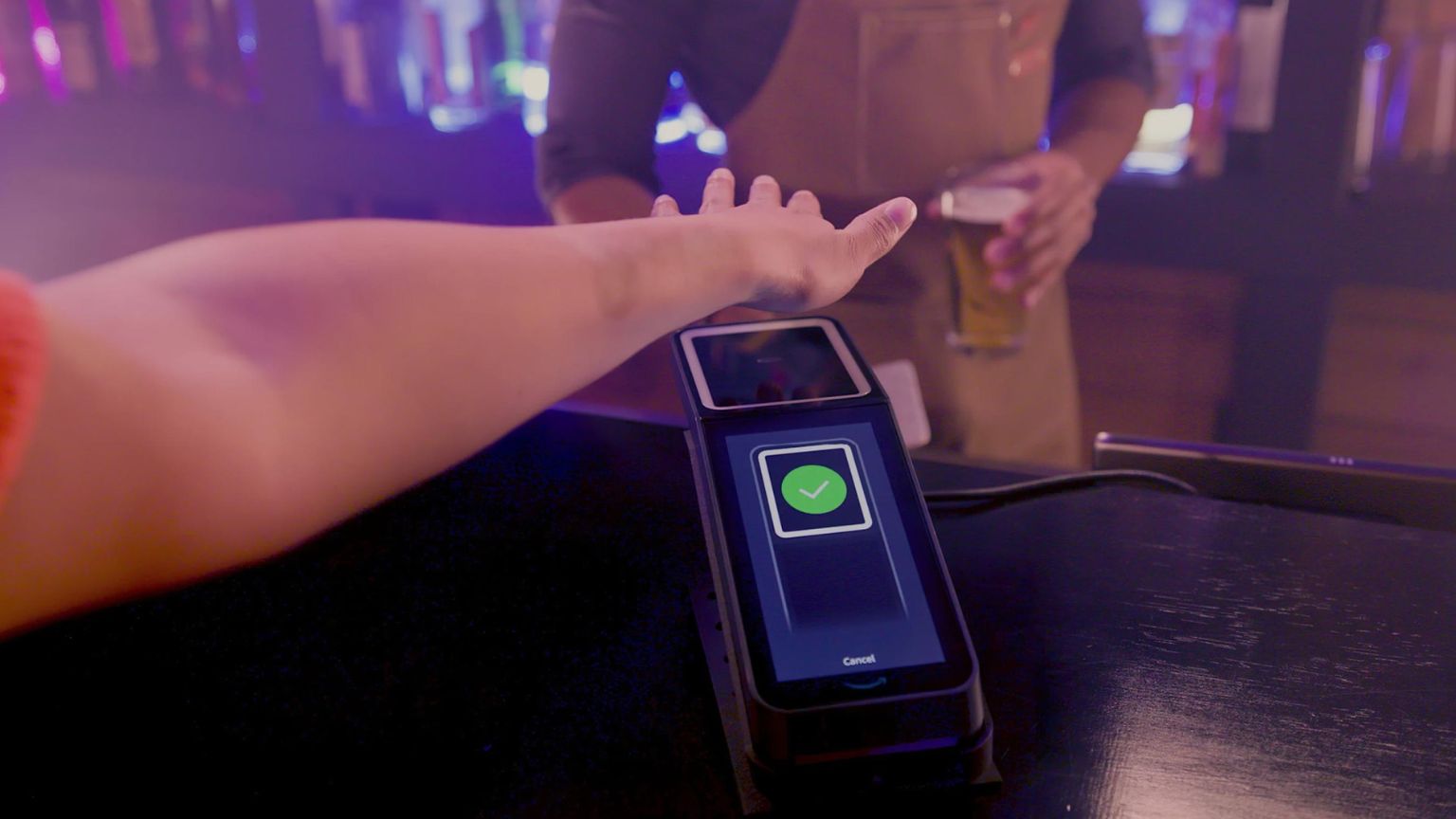In a step towards the future of retail transactions, Amazon confirmed that by year’s end, it will integrate its Amazon One palm recognition system across its entire network of over 500 Whole Foods stores. A simple hand wave over an Amazon One device will conclude the transaction, marking an end to the requirement for traditional forms of payment.
You can watch our video report on the privacy dangers of biometric payments such as this here.
Launched in 2020, the Amazon One technology has already found its place at more than 200 Whole Foods outlets and is being offered by various organizations including Panera Bread, Hudson airport stores, and even Coors Field stadium in Colorado.
Customers wishing to avail themselves of this service will link their palm print to their credit or debit card information at Whole Foods. This would effectively negate the need to carry a wallet or phone for payments at these stores and is the future Amazon wants for everyone.
However, the widespread deployment of Amazon One has not been without its critics. Concerns around the sharing of biometric data and privacy implications have been raised by numerous privacy advocates. A commercial biometric database such as this is troubling privacy advocates.
In 2021, three US Senators penned a letter to Amazon, probing the company about potential misuse of the technology. They expressed apprehension over the possibility of Amazon using consumer data for advertising, tracking, and questioned the company’s broader commitment to customer privacy.
The senators stated, “Amazon’s expansion of biometric data collection through Amazon One raises serious questions about Amazon’s plans for this data and its respect for user privacy.”
In response to these concerns, Amazon has clarified that all customer palm data is securely stored within its Amazon Web Services cloud. Further, the company assured that it does not share this data with third-party entities.










